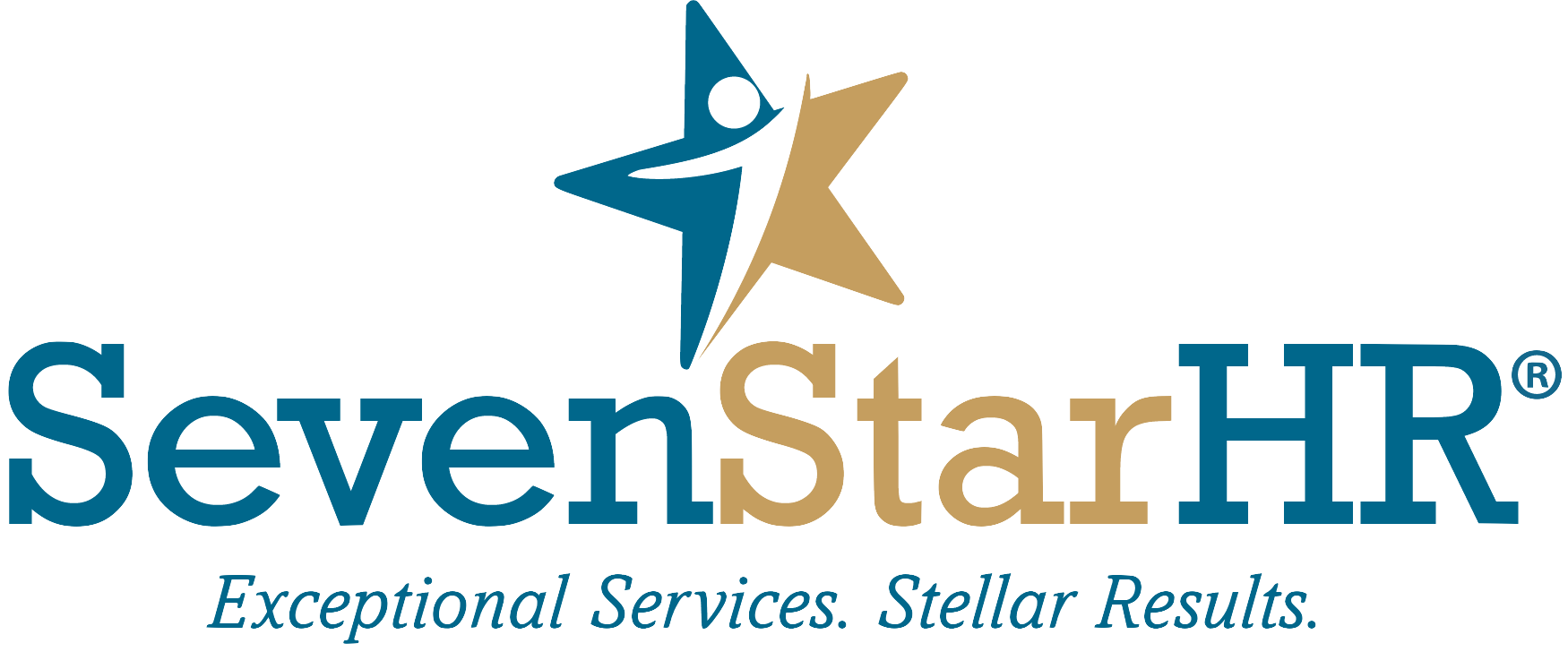The Deduction Is Real - But So Are the Risks of Getting It Wrong
In our previous articles, we broke down the core details of the ‘One Big Beautiful Bill Act’ (OBBA), which created new above-the-line deductions for qualified tips (up to $25,000) and qualified overtime compensation (up to $12,500).
These deductions are already generating buzz among employers and employees alike—but they also come with strict eligibility requirements and new reporting obligations.
In this final installment, we’ll explore what not to do: the risky or outright noncompliant tactics some employers may consider in an attempt to maximize these deductions…and why they can backfire.
OBBA’s deductions are limited, and your compensation practices must reflect that. A few examples may highlight the fine line between compliance and risk:
🚫 Reclassifying Salaried Roles as Hourly to Inflate Overtime
Some employers might consider converting exempt (salaried) positions into nonexempt (hourly) roles, paying a low base rate and assigning more earnings to ‘overtime’. That sounds clever—but under FLSA rules, overtime pay must reflect actual hours worked at time-and-a-half rates. Inflating hours or misclassifying employees can result in back wages, legal liabilities, and IRS scrutiny.
🚫 Reducing Hourly Pay to Generate Overtime Premium
Lowering base pay and pushing most earnings into overtime doesn’t work either—because only FLSA-required overtime counts. If overtime is triggered prematurely (e.g., after 30 hours) or structured to inflate deductible overtime, IRS guidance will view this as a manipulation of pay classification, not legitimate compliance.
🚫 Expanding Tip-Pooling Into Non-Tipped Roles
With the “no tax on tips”, some organizations may be tempted to encourage tipping in roles that never previously received tips—like administrative staff or non-customer-facing employees. Remember: only roles that customarily and regularly received tips before December 31, 2024 are eligible. Trying to broaden tipping to other roles can invalidate the deduction and lead to IRS or DOL penalties.
Red Flags to Watch
Artificial Pay Structures Offering below-market base pay with inflated overtime or tips → not compliant.
Disallowed Overtime Types Overtime required under state law or union contract? Doesn’t qualify.
Unlawful Reclassifications Converting exempt employees to hourly roles without justification → big risk.
Misreporting on W‑2s Overstating tips or overtime income as deductible → audit triggers.
Ignoring Treasury & IRS Guidance Guidance expected soon; budgeting ahead won’t let you off the hook later.
Why This Matters
The OBBA aims to help workers, but it includes strong anti-abuse provisions. Employers must act transparently, accurately track hours and earnings, and avoid compensation restructuring aimed at gaming deductions. Any shortcut could lead to audits, penalties, or even litigation.
✅ What You Should Do Instead
Stick to bona fide job classifications — don’t misclassify employees just to capture deductions.
Track hours meticulously and calculate overtime premiums per FLSA requirements.
Maintain tip protocols consistent with federal and state tip-pool statutes.
Delay compensation structure changes until official regulators release rules and clarify rules.
Consult legal counsel before making any structural changes to wages or classification.
Need Help Staying Compliant?
These tax incentives offer value to employees, but they also come with serious compliance risk for employers. If you’re unsure how these changes affect your workforce, our team can help assess your current pay structure, W-2 processes, and compliance risks. Let’s talk.

